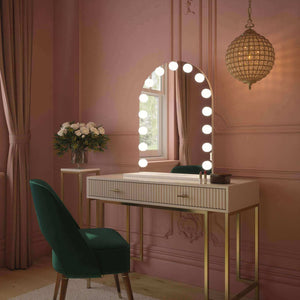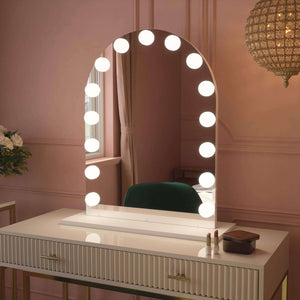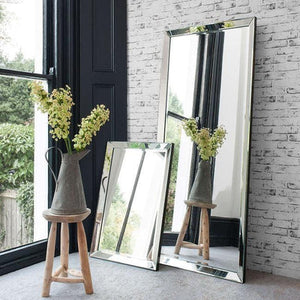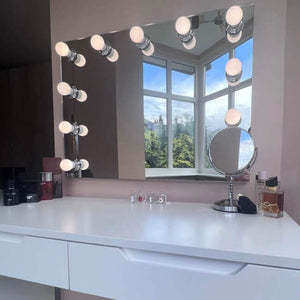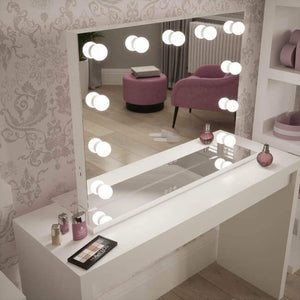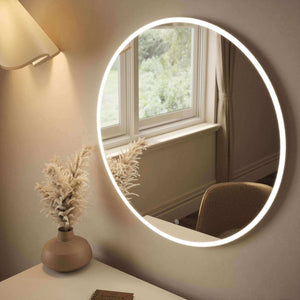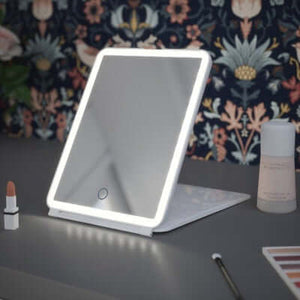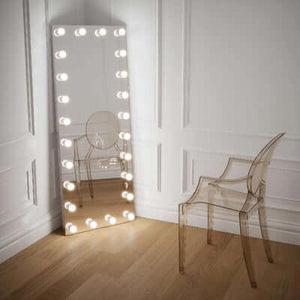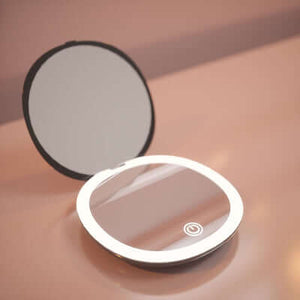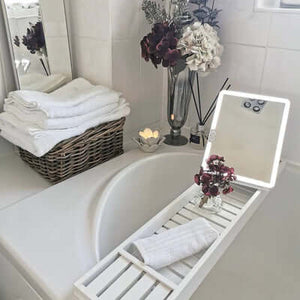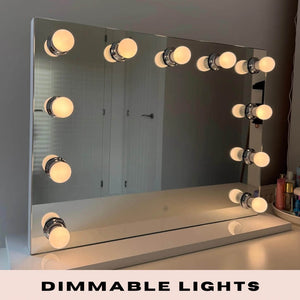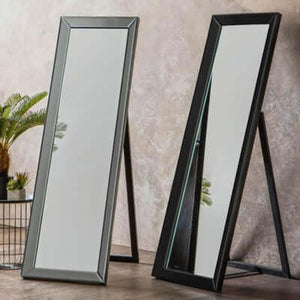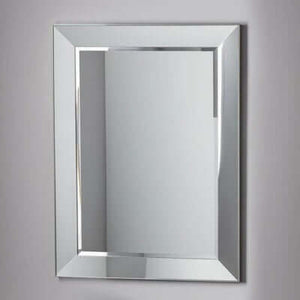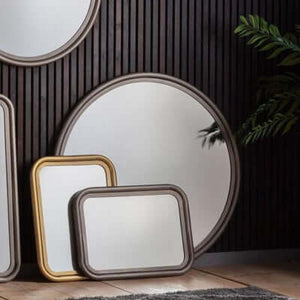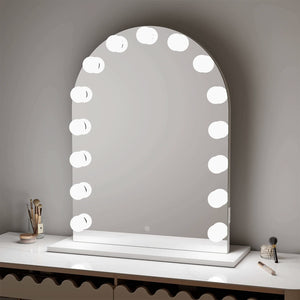Running a mirror business requires more than simply offering high-quality reflective surfaces. To develop in this space, you need creativity, consistent branding, and strategies that connect with both individual buyers and professional designers. Collaborating with an eCommerce SEO agencyhttps://netpeak.us/industry/ecommerce-seo-agency/ can help amplify your digital presence and attract the right customers while you focus on your products and services.
Creative Marketing Strategies for a Mirror Business
To make your mirror business stand out, it’s important to use a blend of digital and traditional marketing techniques. By appealing to emotions, showcasing aesthetics, and highlighting functional benefits, you can reach wider audiences and convert interest into sales. Here are ten actionable marketing ideas tailored specifically for a mirror business:
-
Content marketing – create blog posts, styling guides, or video tutorials that teach customers how to incorporate mirrors into their interiors.
-
Visual social media – showcase your work on Instagram, TikTok, and Pinterest, focusing on before-and-after transformations.
-
Workshops & webinars – host local events or online sessions to educate customers about creative mirror placement and design.
-
Paid advertising – use Google Ads and Meta Ads with creative visuals that highlight how mirrors enhance light and space.
-
Referral programs – reward customers who refer friends with discounts or exclusive perks to encourage word-of-mouth promotion.
-
Loyalty rewards – offer incentives for repeat purchases, making it easy for satisfied clients to return for more products.
-
Limited edition collections – introduce seasonal or themed designs that create urgency and exclusivity.
-
Strategic partnerships – collaborate with interior designers, furniture stores, or influencers to expand your reach.
-
Local SEO optimization – keep your Google Business Profile updated with photos, reviews, and keywords to capture local buyers.
-
User-generated content – encourage customers to share photos of how they styled your mirrors, and repost them to build authenticity.
By implementing these ideas consistently, you not only increase brand recognition but also foster customer loyalty and long-term growth. The key is to create a strategy that blends practicality with creativity while keeping your unique business identity front and center.
Why These Ideas Work
The beauty of these strategies lies in their balance between digital visibility and personal connection. A strong online presence captures attention, while local engagement and customer participation foster trust. Each idea also emphasizes storytelling — showing not just the product, but the lifestyle and transformation that mirrors bring. When applied together, they create a marketing ecosystem that sustains long-term growth.
Another reason these approaches are effective is their flexibility. They can be scaled depending on your resources, adapted to fit seasonal campaigns, or personalized for specific customer groups. Whether you’re appealing to interior designers, homeowners, or commercial buyers, these tactics allow you to connect with diverse audiences while keeping your brand identity consistent and recognizable.
Conclusion
A mirror business has the advantage of being inherently visual, which makes it easier to capture attention when marketed creatively. Combining social engagement, search optimization, and unique product offerings helps you establish a strong presence in both local and online markets. The Netpeak Agency US has proven expertise in guiding eCommerce brands with strategies that drive measurable results. Partnering with them can help your mirror business shine brighter and connect with audiences who are ready to buy.
Liquid error (sections/article-template line 192): Invalid form type "25\n", must be one of ["product", "storefront_password", "contact", "customer_login", "create_customer", "recover_customer_password", "reset_customer_password", "guest_login", "currency", "activate_customer_password", "customer_address", "new_comment", "customer", "localization", "cart"]
 Alicia Hollywood Mirror 60cmx80cm
Alicia Hollywood Mirror 60cmx80cm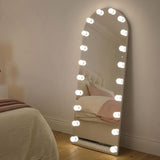 Angelina Full Length Arch Hollywood Mirror 160 x 60cm
Angelina Full Length Arch Hollywood Mirror 160 x 60cm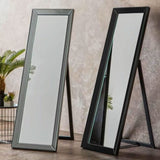 Angled Luna Mirror-Cheval Black
Angled Luna Mirror-Cheval Black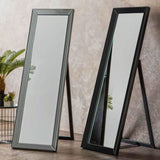 Angled Luna Mirror-Cheval Gray
Angled Luna Mirror-Cheval Gray
